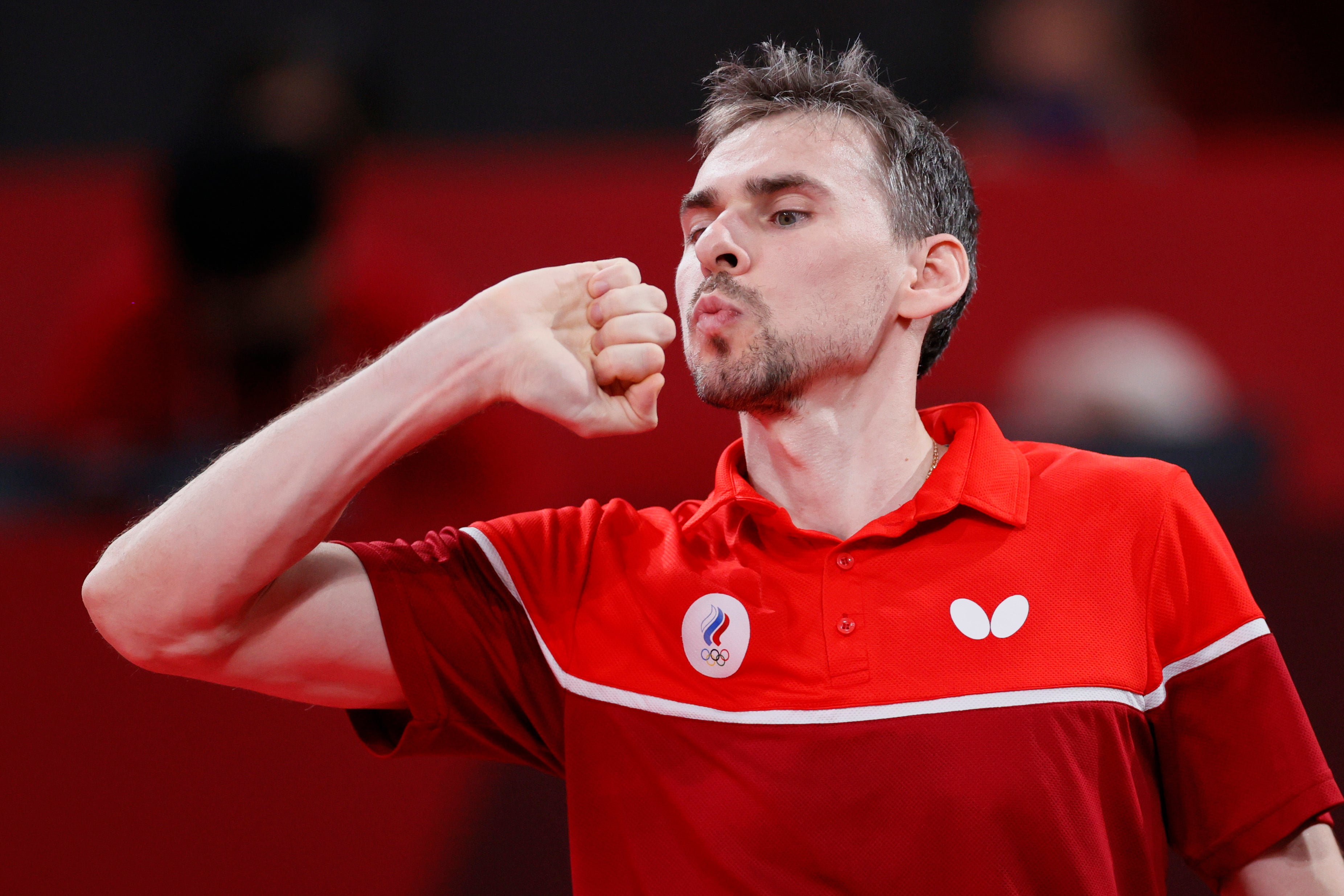Why is Russia banned from the Olympics and what is ROC?
Russian athletes are still present in Tokyo, despite a ban for the country over a state-sponsored doping scheme

Your support helps us to tell the story
From reproductive rights to climate change to Big Tech, The Independent is on the ground when the story is developing. Whether it's investigating the financials of Elon Musk's pro-Trump PAC or producing our latest documentary, 'The A Word', which shines a light on the American women fighting for reproductive rights, we know how important it is to parse out the facts from the messaging.
At such a critical moment in US history, we need reporters on the ground. Your donation allows us to keep sending journalists to speak to both sides of the story.
The Independent is trusted by Americans across the entire political spectrum. And unlike many other quality news outlets, we choose not to lock Americans out of our reporting and analysis with paywalls. We believe quality journalism should be available to everyone, paid for by those who can afford it.
Your support makes all the difference.Russia was banned from the Tokyo Olympics in December 2019 after the notorious doping scandal, which rocked the sporting world.
The initial ban of four years was reduced to two years in 2020, it still ensured no official Russian team present at the Olympic Games in Japan or the 2022 World Cup in Qatar.
Nonetheless, Russian athletes are still at Tokyo 2020 due to the establishment of the ROC.
Follow Tokyo Olympics live: Latest medals and updates
Here is everything you need to know about the ROC and the background behind Russia’s ban:
Why was Russia banned?
Russia were found guilty of a state-sponsored doping scheme, which included Russian officials tampering with data provided by the Russian Anti-Doping Agency.
Russian athletes were subsequently banned from competing at the 2018 Winter Olympics in Pyeongchang, with Russia banned from competing as a country in athletics since 2015.
Russia has strenuously denied any involvement in a state-sponsored doping scheme, appealing the initial four year ban from 2019.
The Court of Arbitration for Sport found their Anti-Doping Agency non-compliant, with a three-judge panel unanimously agreeing that the Russian Anti-Doping Agency (Rusada) failed to provide authentic drug-test data upon request by the World Anti-Doping Agency (Wada), who had initially pushed for a four-year ban.
To join the conversation scroll down for the comments section or click here for our most commented on articles
It means the Russian name, flag and anthem will not be allowed at either Tokyo 2020 or Beijing 2022, and should Russia qualify for the 2022 World Cup in Qatar, they will have to compete under a neutral name.

Russia will also be banned from the Paralympic Games in Tokyo next summer, as well as any world championship events that are organised by a Wada signatory until the sanction concludes on 16 December 2022.
Russia will only be reinstated after the ban if it respects and observes the sanctions imposed, pays all related fines and contributions and becomes compliant with the Wada code, the Cas added.
They will not be eligible to host or bid for any Olympic, Paralympic or world championship events during the length of the ban, and the ruling states that any hosting rights that have already been awarded to them should be withdrawn if the organising governing body is registered to Wada.
What is the ROC?
ROC will be the representation of a total of 335 athletes in Tokyo.
ROC stands for Russian Olympic Committee, which is allowed to represent Russia athletes as the ban was not outright, only forcing them to withdraw the team name and national anthem at sporting events.
The ROC logo is separate to the Russian flag, and all kit must have ROC instead of Russia or Russian Olympic Committee, according to the International Olympic Committee: “All public displays of the organisation’s participant name should use the acronym ‘ROC’, not the full name “Russian Olympic Committee”.
If ‘Russia’ is seen anywhere on the kit, it must also add ‘neutral athlete’.
The athletes competing for the ROC are those who have been able to prove they were not involved at all in the doping scandal.
Only the flag’s colours can feature on the uniform, according to IOC guidance.
Join our commenting forum
Join thought-provoking conversations, follow other Independent readers and see their replies
Comments